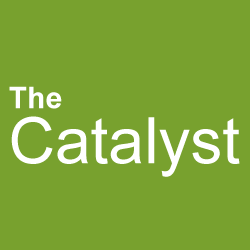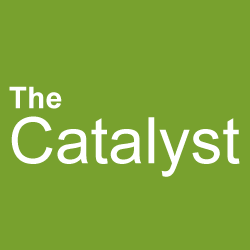Stopping opioid abuse
We stand with patients, providers, law enforcement, policymakers and others in calling for and supporting national policies and action to address opioid abuse.

Stopping opioid abuse.
We stand with patients, providers, law enforcement, policymakers and others in calling for and supporting national policies and action to address opioid abuse.

Stopping opioid abuse.
 According to the U.S. Centers for Disease Control and Prevention (CDC), more than 14,000 people died from overdoses involving opioids in 2014—a four-fold increase since 2009. The agency has declared prescription abuse an “epidemic.”
According to the U.S. Centers for Disease Control and Prevention (CDC), more than 14,000 people died from overdoses involving opioids in 2014—a four-fold increase since 2009. The agency has declared prescription abuse an “epidemic.”
The toll of prescription drug abuse is felt by many. It is felt by the family members, friends, police officers and paramedics that are faced with preventing overdoses and assisting potential overdose victims. It is felt by emergency room staff, doctors and pharmacists across the country who are on the frontlines as they seek to identify and prevent “doctor” shopping and try to find treatment options for patients in need. And it is felt by families, friends and communities that are dealing with a seemingly endless cycle of expensive, exhausting and heartbreaking challenges that go hand-in-hand with drug abuse.
At the same time, pain is cited as the most common reason Americans seek out care. According to the National Institutes of Health, pain affects more Americans than diabetes, heart disease and cancer combined. Studies have shown that 90 percent of patients with advanced cancer experience pain and pain occurs in 30 percent of all cancer patients, regardless of the stage of their disease.
What this shows is that this is a not a simple problem. We all have a role to play. Now more than ever, we need to work together to ensure appropriate treatment of pain while also addressing this critical public health challenge.
Part of this means pushing for the enactment of aggressive policies that will meaningfully address the problem. We and our members stand with patients, providers, law enforcement, policymakers and others in calling for and supporting national policies and action to address opioid abuse, including, but not limited to the following:
Given the impact of opioid abuse and prescription drug abuse more broadly, comprehensive policy frameworks and the engagement of all of us is needed to successfully combat this critical public health issue.
The truth is, we can and must do more. We all must do our part to end this crisis.